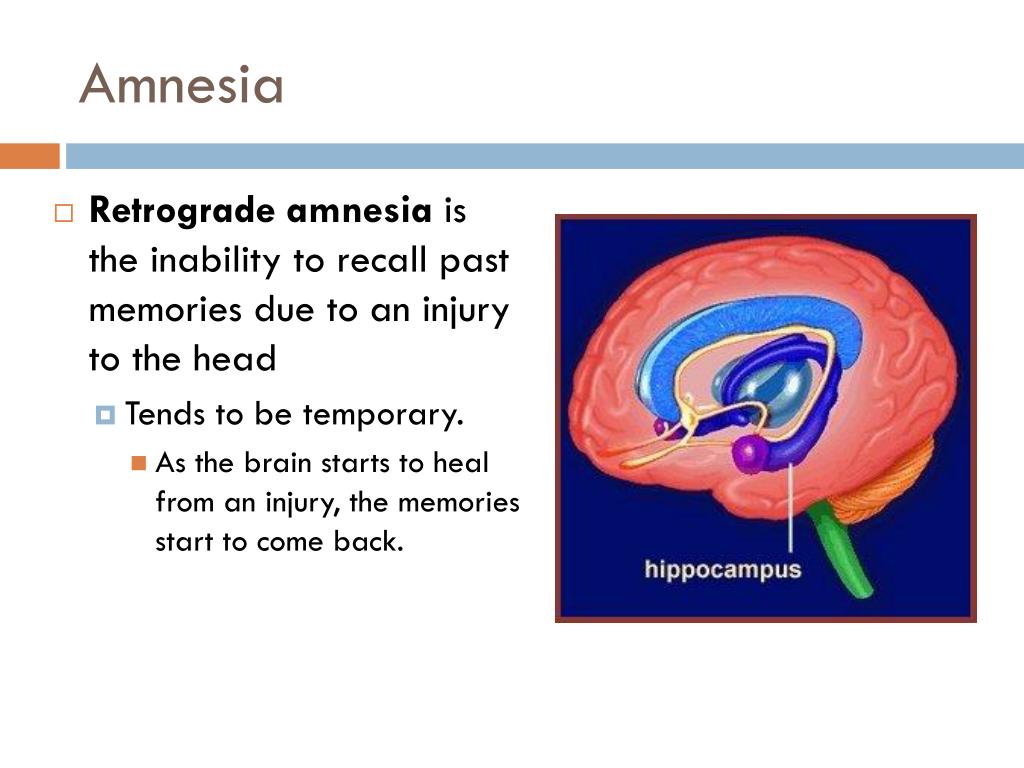

If you know that a stressful situation is coming up, such as a move or retirement, plan ahead. But social support, healthy coping skills and learning to recover quickly from hard times may help you during times of high stress. There are no guaranteed ways to prevent adjustment disorders. If adjustment disorders do not resolve, they eventually can lead to more-serious mental health conditions such as anxiety, major depression, or misuse of drugs or alcohol.
ACUTE STRESS TEMPORARY AMNESIA NO KNOWLEDGE OF WHO YOU ARE PROFESSIONAL
Talk to your doctor or a mental health professional if you continue to struggle or if you're having trouble getting through each day. Or a new stressful situation comes up, and you face the same emotional struggles all over again. But sometimes the stressful event continues to be a part of your life.

Symptoms of adjustment disorder usually get better when the stress eases. This is especially true if the stressful event is ongoing, such as being unemployed. But constant or lasting adjustment disorders can continue for more than six months. These symptoms last no longer than six months after the end of the stressful event. Symptoms of an adjustment disorder start within three months of a stressful event. Thinking about suicide or acting on those thoughts.Not doing important things, such as going to work or paying bills.Withdrawing from family and friends who support you socially.Having difficulty with daily activities.Feeling irritable or like you can't handle anything and don't know where to start.Worrying, or feeling anxious, nervous, jittery or stressed out.Feeling sad, hopeless or not enjoying things you used to enjoy.They also may affect your actions or behavior. You experience more stress than would generally be expected in response to a trying event, and this stress causes a lot of problems in your life.Īdjustment disorders affect how you feel and think about yourself and the world. These symptoms can vary from person to person. Symptoms depend on the type of adjustment disorder.


 0 kommentar(er)
0 kommentar(er)
